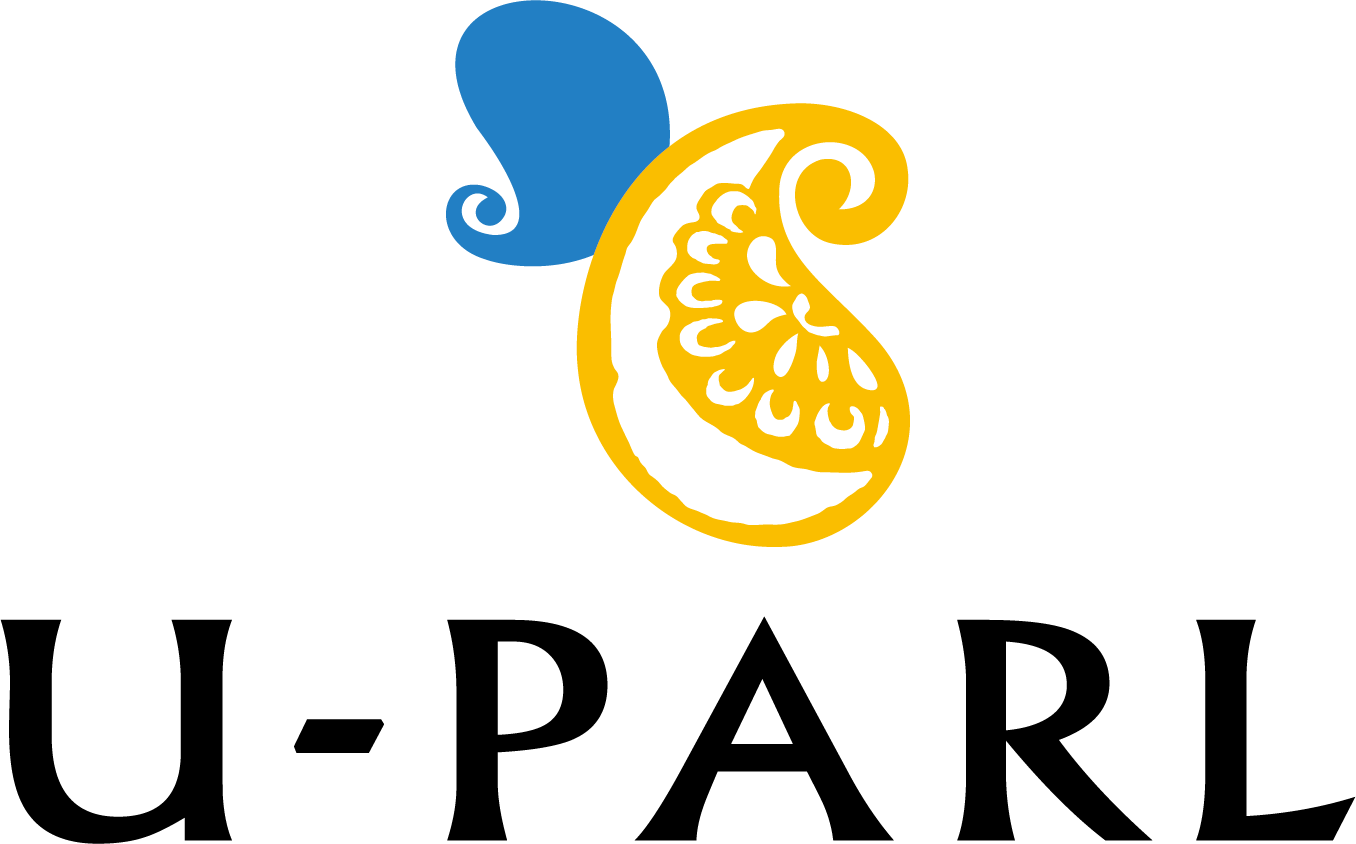
Symposium
Secular Religiosity and Religious Secularity:
Rethinking the Asian Agency in the Shaping of Modernity
DATE & TIME: 9th Mar. 2018 (Fri) 15:15-19:00
VENUE: Seminar Room, Ito International Research Center (3F), The University of Tokyo (Hongo Campus)
*The room will be opened at 15:00. Please come to the venue after 15:00.
LANGUAGE: English *With no translation
In recent decades, the notion of “modernity” and its related concepts have been frequently critiqued as modern Western constructs subsequently imposed on the rest of the world. At the same time, however, we need to note that by criticizing the tyranny of “Western modernity,” we risk neglecting the agency the non-Western world exerted in shaping modernity.
This symposium examines discourses on the “religious” and the “secular” in modern India and Asia, and explores how the non-Western world played a unique role in shaping modernity. We have invited scholars of religion, philosophy, and politics from India, Taiwan and Japan. Please come and join our discussion.
SPEAKERS:
Kana Tomizawa 冨澤かな (The University of Tokyo)
Introduction: Rethinking Spirituality, Secularity and Modernity from Asia
A. Raghuramaraju A. ラグラーマラージュ (Indian Institute of Technology, Tirupati)
Alternative Modernity and Religio-Political Philosophy of Gandhi
Eijiro Hazama 間永次郎 (The University of Tokyo)

Secular Religiosity in Colonial India: Gandhi’s Experiments with the Body Politic
Yu-Ting Lee 李宥霆 (National Taiwan University)
A Glimpse of India in Modern Chinese Intellectual History: A Focus on Liang Shuming
Takahiro Nakajima 中島隆博 (The University of Tokyo)
Civil Society and Spirituality in the Post-secular Age
COMMENTATORS:
Hisayoshi Miyamoto 宮本久義 (Toyo University)
Satoko Fujiwara 藤原聖子 (The University of Tokyo)
CHAIR:
Aki Toyoyama 豊山亜希 (Kindai University)
COORGANIZED BY: the Grant-in-Aid for Scientific Research (C) (15K02055):“The Development of Modern Expression of Religiosity in India and its Significance” and
the Grant-in-Aid for Scientific Research (B)(26284011): “Religious Studies at the Post-Secular Situation“
SUPPORTED BY: U-PARL (Uehiro Project for the Asian Research Library), The University of Tokyo Library System

